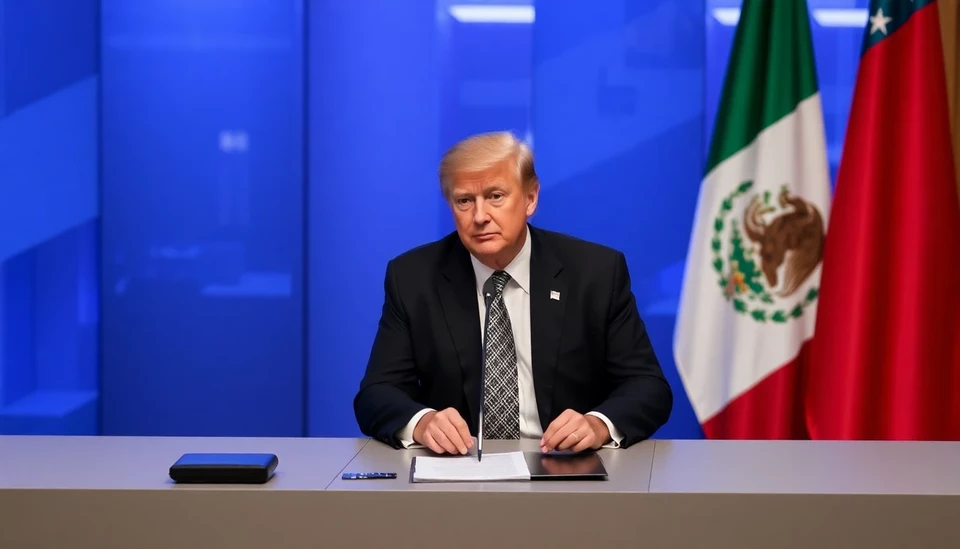
In a significant move to bolster its automotive industry, Mexico has initiated a proposal for a dedicated task force aimed at curtailing the influx of auto parts imported from China. This decision comes against the backdrop of increasing concerns regarding the dependency on Chinese imports, which have transformed the dynamics of the automobile supply chain in recent years.
The Mexican government, recognizing the strategic importance of the automotive sector, is focused on fostering local production while reducing vulnerabilities linked to global supply dependencies. With China emerging as a dominant player in the global automotive parts market, Mexico's action seeks to ensure that local suppliers can compete effectively, thereby strengthening the national economy and securing jobs within the industry.
The proposed task force would consist of representatives from various sectors of the automotive industry, government officials, and trade organizations. Their primary objective will be to create a framework that encourages domestic manufacturing and seeks to address barriers to local production, such as regulatory hurdles and insufficient investment. By promoting local suppliers, Mexico aims to diversify its supply chains and limit reliance on any single country, particularly China, which has faced scrutiny over intellectual property issues and trade practices.
In addition to boosting local manufacturing, this initiative is expected to enhance Mexico's position as a vital player in North American automotive production. As the United States and Canada also focus on reducing imports from China, Mexico stands to gain by becoming a more attractive destination for automobile manufacturers looking for reliable and close alternatives.
Industry experts have welcomed this proposal, emphasizing its potential to revitalize the domestic production landscape. However, challenges remain, including the need for significant investment in technology and workforce training to elevate the capabilities of Mexican suppliers to meet the high standards required by the automotive industry.
The government’s proactive stance reflects a broader trend in the region, where countries are taking steps to safeguard their economies against external shocks, disrupt supply chains, and revitalize local industries post-pandemic. The success of this task force will depend on collaboration among stakeholders, commitment from the government, and the ability to adapt to the rapidly changing global market conditions.
As the automotive industry navigates the complexities of a geopolitically charged environment, Mexico's proposal to establish a task force highlights a crucial pivot towards resilience and sustainability in the face of growing global competition.
In conclusion, the formation of a task force aimed at curbing imports from China underscores Mexico's determination to strengthen its automotive sector and engage local suppliers. This initiative has the potential to reshape the landscape of automobile manufacturing in the region, providing a pathway towards greater economic independence and stability.
#Mexico #AutomotiveIndustry #ChinaImports #TaskForce #LocalManufacturing #SupplyChain #Economy #AutoSuppliers
Author: Rachel Greene




